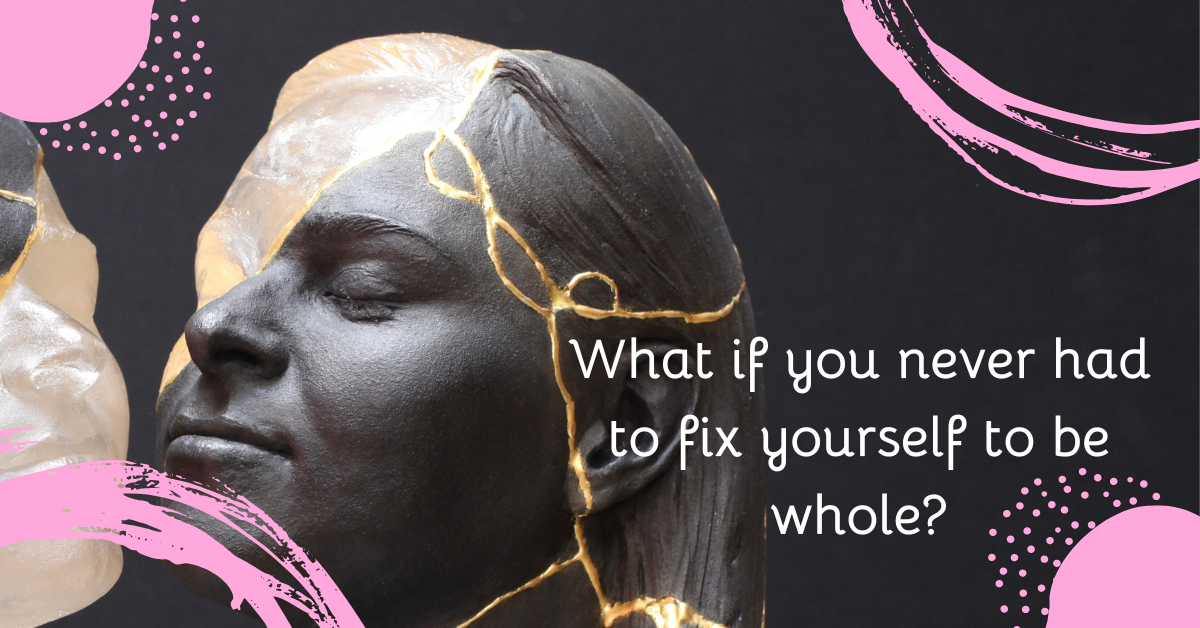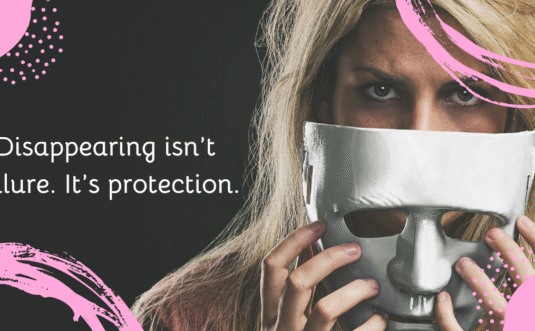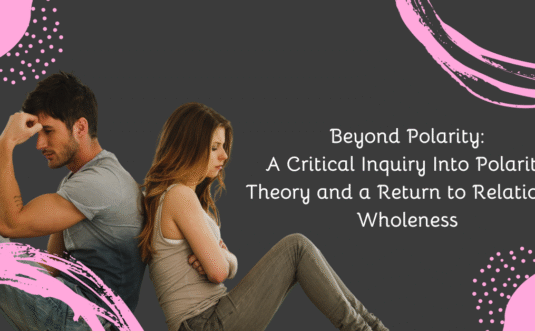By Sara Curley
There’s a common story I encounter in this work.
And if I’m being honest, I’ve encountered it in myself as well.
It goes something like this:
“There’s something wrong with me.”
“If I could just figure this out, I’d be okay.”
“I shouldn’t still be struggling with this.”
That story often doesn’t come in loudly.
Sometimes it’s a whisper beneath a sigh at the end of a hard day.
Sometimes it’s the tension in the shoulders, the “I’m fine” in response to “how are you?”
Sometimes it’s the inner tightening when we’re offered kindness, because something in us believes we have to earn it first.
I remember the season of my life where I lived in that story most.
It was quiet, but constant.
I filled journals. I consumed teachings. I did all the “work.”
And yet… there was still this underlying sense that something about me needed to be changed before I could fully show up in my life.
I didn’t need more answers.
I needed more presence.
I needed to be met.
That’s something I’ve come to know with a lot of clarity, and even more humility.
I didn’t need to be fixed. I needed to be witnessed. To be understood. To be held without being held together.
This is something I see often in my work with others.
There are parts of us that believe their worth is conditional.
Parts that try to protect us from feeling unworthy by fixing everything—ourselves included.
Parts that learned somewhere along the way that if they could just stay ahead of the pain, they’d be safe.
They carry a lot.
And they don’t need to be told to carry less.
They need someone to come sit beside them.
When I say “parts,” I don’t mean it in a clinical sense.
You might call them aspects of yourself.
You might relate to them as voices, energies, patterns, identities, ages, roles, or even protectors.
Some people feel them in the body, some hear them in the mind, some don’t experience them as separate at all—and that’s okay.
There’s no one right way to meet yourself.
The language we use matters only insofar as it creates openings.
Openings for self-awareness.
Openings for compassion.
Openings for possibility.
Parts work, for me, is not a method of analysis—it’s a relationship.
It’s not about assigning labels to the inner world, but about entering into conversation with the experiences we often silence or override.
It’s about getting to know the many layers of who we are—not to collapse them into one, but to honour their existence in the context of wholeness.
Wholeness doesn’t mean oneness.
Wholeness means everything belongs.
I don’t offer a process of correction.
I offer a relationship of reflection.
Together, we meet the parts of you that are tired.
The parts that are skeptical.
The parts that are tender.
And most importantly, we begin to build connection with the presence within you that knows how to lead from compassion, not control.
That’s what it means to be met.
And that’s what I’ve found most of us are really longing for—not another strategy, but a space where we don’t have to be anything other than who we already are.
So if you’ve found yourself quietly wondering if you’re too much…
If you’re tired of trying to hold it all alone…
You’re not broken. You’re not failing. And you’re not alone.
Let’s begin from there.


